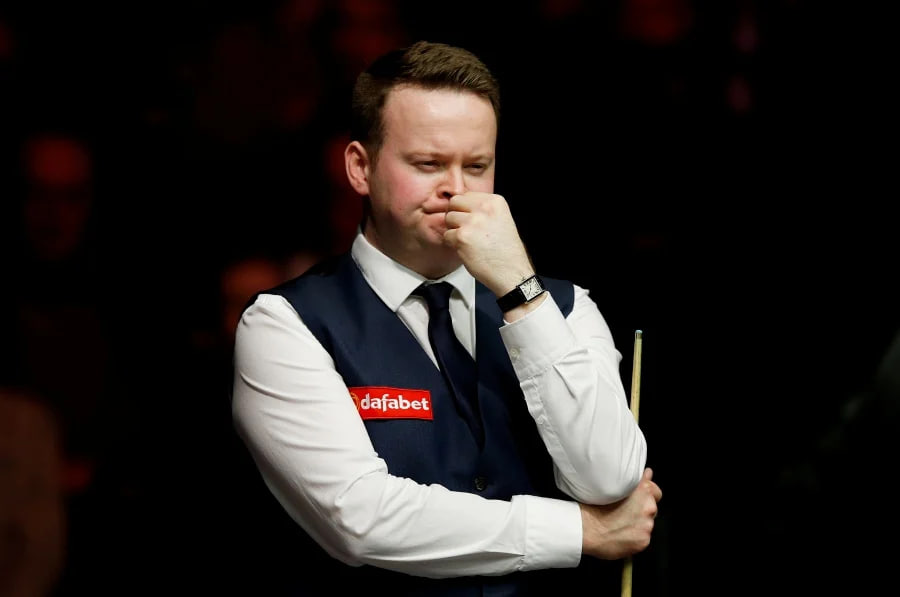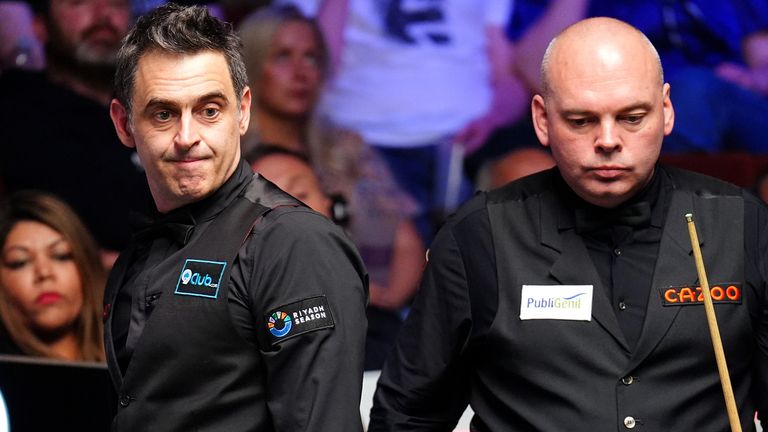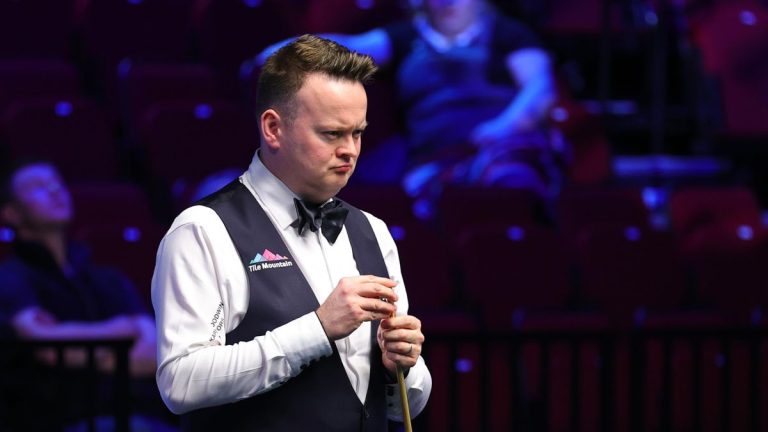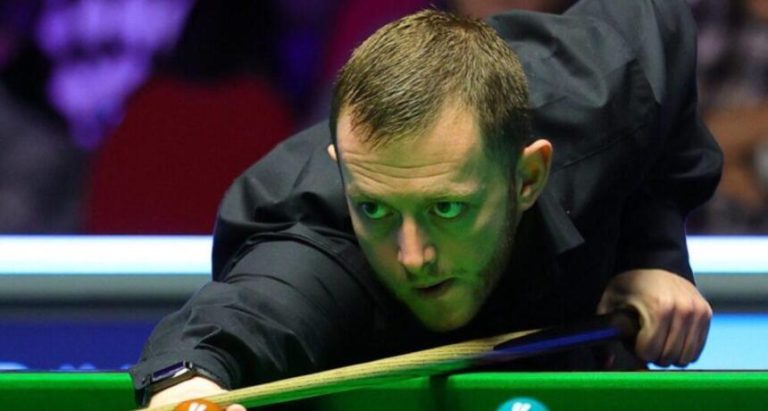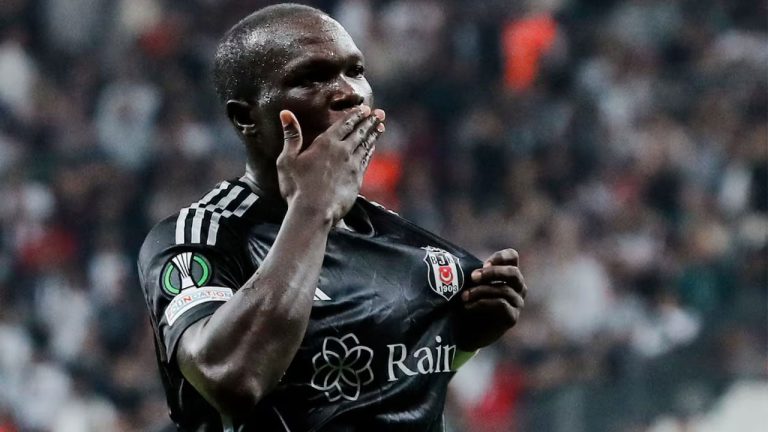Shaun Murphy Defends the Prestige of the Crucible Amid Criticism from Hossein Vafaei
The sanctity of snooker’s iconic venue, the Crucible Theatre in Sheffield, England, has come under scrutiny following remarks made by Iranian player Hossein Vafaei. Former world champion Shaun Murphy has vehemently defended the Crucible, labeling criticism of the revered venue as sacrilegious and urging respect for its historical significance in the world of snooker.
Murphy’s Response to Vafaei’s Comments:
In response to Vafaei’s disparaging remarks about the Crucible, Murphy expressed disbelief and emphasized the emotional connection that UK players hold for the tournament. He characterized the Crucible as “holy ground” for snooker players and admonished Vafaei, suggesting that he should recognize and respect the venue’s esteemed status. Murphy’s impassioned defense highlights the reverence and sentimentality attached to the Crucible among players deeply ingrained in snooker culture.
Vafaei’s Criticism and Murphy’s Rebuttal:
Vafaei’s criticisms centered on the alleged unpleasant odor and subpar facilities of the Crucible, advocating for the relocation of the tournament to more modern venues in Saudi Arabia or China. Despite Vafaei’s discontent, Murphy countered by acknowledging the Crucible’s limitations, such as its small seating capacity of less than 1,000. However, he emphasized the importance of preserving the tournament’s tradition and legacy, urging continued support for the Crucible as the spiritual home of snooker.
The Sanctity of the Crucible:
Murphy’s defense of the Crucible extends beyond its physical attributes, emphasizing its symbolic significance within the snooker community. He portrays the venue as hallowed ground, where the sport’s most prestigious tournament has unfolded for decades. Despite its shortcomings, Murphy argues that the Crucible embodies the essence of snooker tradition and should be revered accordingly.
Future Prospects for the Crucible:
While acknowledging the logistical challenges posed by the Crucible’s size, Murphy remains steadfast in his belief that the World Championship should remain rooted in its historic venue. He acknowledges the economic considerations that may influence future decisions regarding the tournament’s location but underscores the importance of honoring tradition and heritage in the face of modernization.
Additional Perspectives:
Vafaei’s criticisms are not isolated, as other prominent players, including Ronnie O’Sullivan, have expressed similar sentiments regarding the Crucible’s suitability as a venue for the World Championship. Despite differing opinions, Murphy’s defense highlights the diverse perspectives within the snooker community and the ongoing debate surrounding the future of the sport’s most iconic tournament.
Conclusion:
Shaun Murphy’s impassioned defense of the Crucible underscores the venue’s enduring significance in the world of snooker. While criticism from players like Hossein Vafaei reflects evolving attitudes toward tradition and modernization, Murphy’s staunch advocacy for the Crucible emphasizes the importance of preserving the sport’s heritage and upholding its timeless traditions. As debates over the venue’s future persist, the sanctity of the Crucible remains a cornerstone of snooker’s rich history and cultural legacy.

